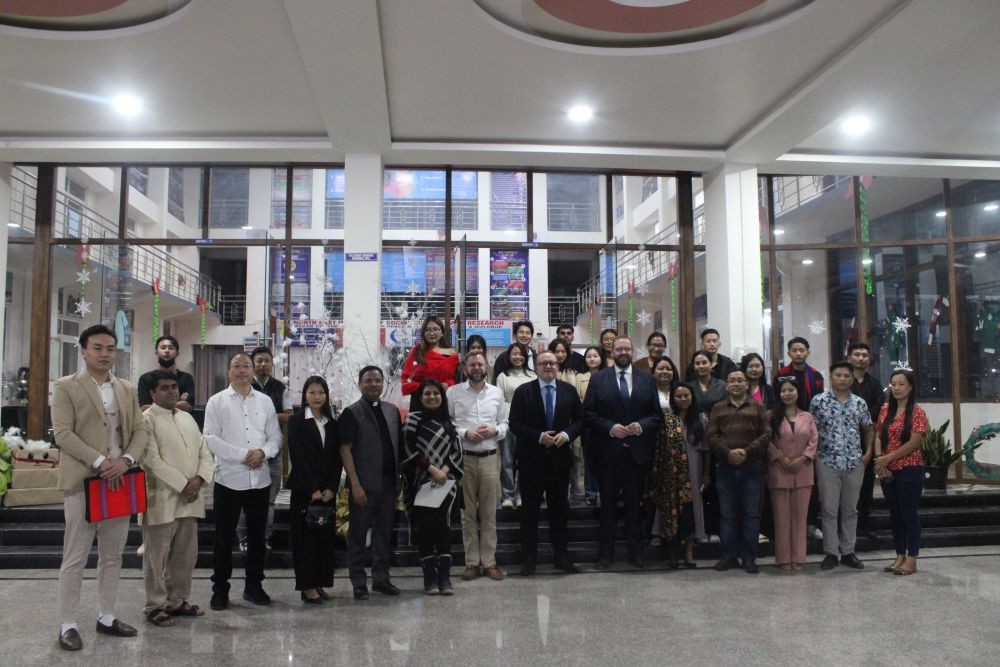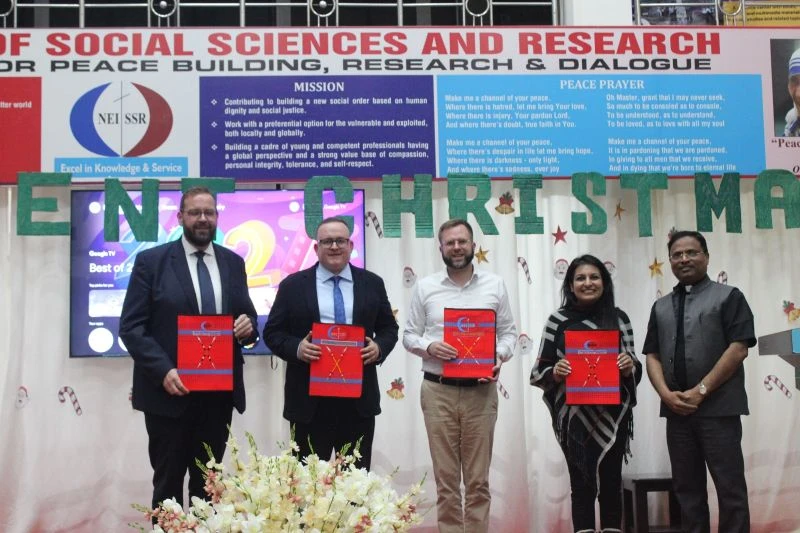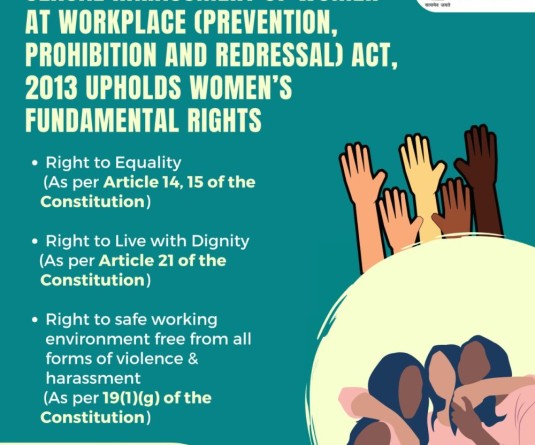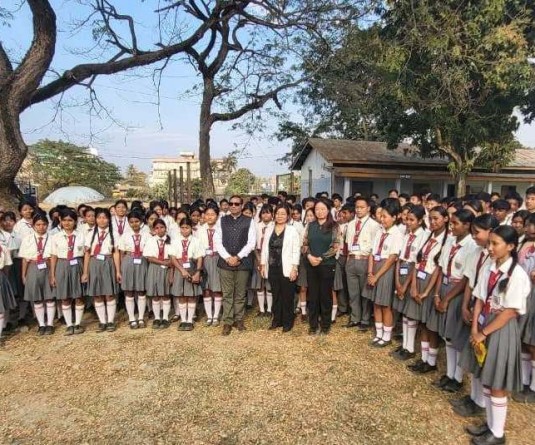A delegation from Indo-German Strategic Partnership visited NEISSR, Chümoukedima on December 2.

Chümoukedima, December 4 (MExN): A delegation from Indo-German Strategic Partnership visited North Eastern Institute of Social Sciences and Research (NEISSR), Chümoukedima for a roundtable discussion on the theme “Indo-German Strategic Partnership: Evolving Priorities in a Changing Global Order” on December 2.
A press release issued by NEISSR stated that the delegations included Gordon Hoffman, Member of Legislative Assembly, Brandenburg; Julian Bruning, Member of Legislative Assembly, Brandenburg; Dr Adrian Haack, Director of Konrad-Adenauer-Stiftung (KAS) India Office; and Simran Dhingra, Head of International Cooperation, KAS India Office.
The session witnessed the participation of NEISSR faculty, Students’ Council members, Peace Channel staff, and representatives from German Embassy and Konrad Adenauer Foundation (KAS).

The programme commenced with welcome address by Dr Fr CP Anto, Principal NEISSR. “Today’s discussion is a celebration of the Indo-German partnership, a relationship built on shared values of democracy, global peace, and sustainable development. In a world facing complex challenges, collaborations like these symbolize hope and a shared vision for a better future,” he said.
During the roundtable discussion, key insights were shared about the historical and evolving nature of Indo-German collaboration.
A German representative shed light on the legacy of Konrad Adenauer and the role of Christian Democratic Union (CDU) in rebuilding post-war Germany, which laid the foundation for shared values of democracy and global peace. The discussion delved into cultural and spiritual ties, particularly the influence of Christianity in both nations.
Delegates also addressed challenges like the rise of populism and political polarization in German politics, underlining the importance of rebuilding trust in democratic institutions. The strong educational collaboration between the two countries was highlighted, with over 50,000 Indian students pursuing higher education in Germany. Leadership training programs and skill development initiatives were identified as key areas of collaboration.
Looking ahead, participants explored how demographic differences—India’s youthful population and Germany’s aging demographic—could drive synergies in education, renewable energy, and global security. The discussion also focused on leveraging Christian values within Germany’s political landscape to navigate societal challenges.
The Peace Centre, a joint initiative of NEISSR and Peace Channel, was highlighted as a key institution promoting peace building in Northeast India. With over 150,000 members, Peace Channel’s efforts in capacity-building, peer mediation, and conflict resolution have been instrumental. Supported by German funding agencies like Missio and Misereor, the Peace Centre represents the power of collaboration in fostering global harmony.
Rev Fr Lawrence Khing, Vice Principal of NEISSR, delivered the vote of thanks.






